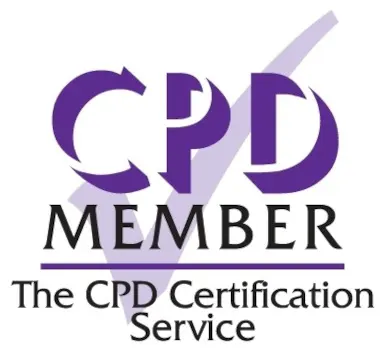The Basics of Accounting
Duration20'
No. of mini-lessons4
ResourcesWorkbook
Duration 20'
No. of mini-lessons 4
Resources Workbook
Course overview
Although most businesses use professional accountants to prepare their annual accounts and handle all the tax filings, this doesn’t mean that business owners and managers can give up all responsibility for keeping the books in order.
An effective bookkeeping system can help you avoid cash flow problems, ensure compliance with tax and business regulations, and make better financial decisions. But where do you start? Even the basics of accounting can seem confusing at first. This course will guide you toward an appreciation for some of the key terminology, and then the numbers will start to make sense.
What's covered
The difference between the methods of cash basis accounting and accrual accounting
Organizing your accounts by type: Assets, Liabilities, Equity, Revenues, and Expenses
The principle of double-entry bookkeeping
The purpose of the key financial statements: the income statement, the balance sheet, and the cash flow statement

Why your teams need this course
Not every business can afford to hire a bookkeeper, and not every business needs to. Many small business owners organize and record all the financial transactions themselves (usually with the help of accounting software). It is important for all business owners and managers to understand the fundamentals of accounting, and appreciate what it takes to make the books balance.

Accredited by CPD
TalentLibrary is recognized as reaching the standards and benchmarks required by the Continuing Professional Development (CPD) Certification Service.
The CPD Certification Service is the world’s leading and largest independent accreditation organization for professional development courses across all industry sectors.


